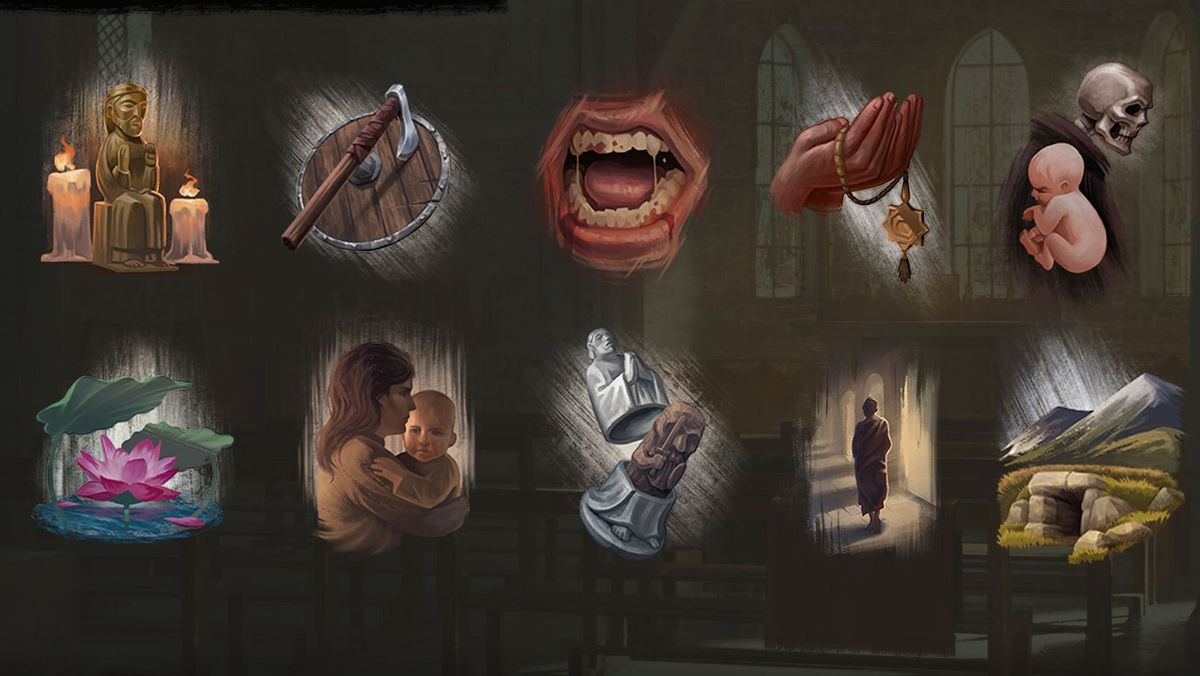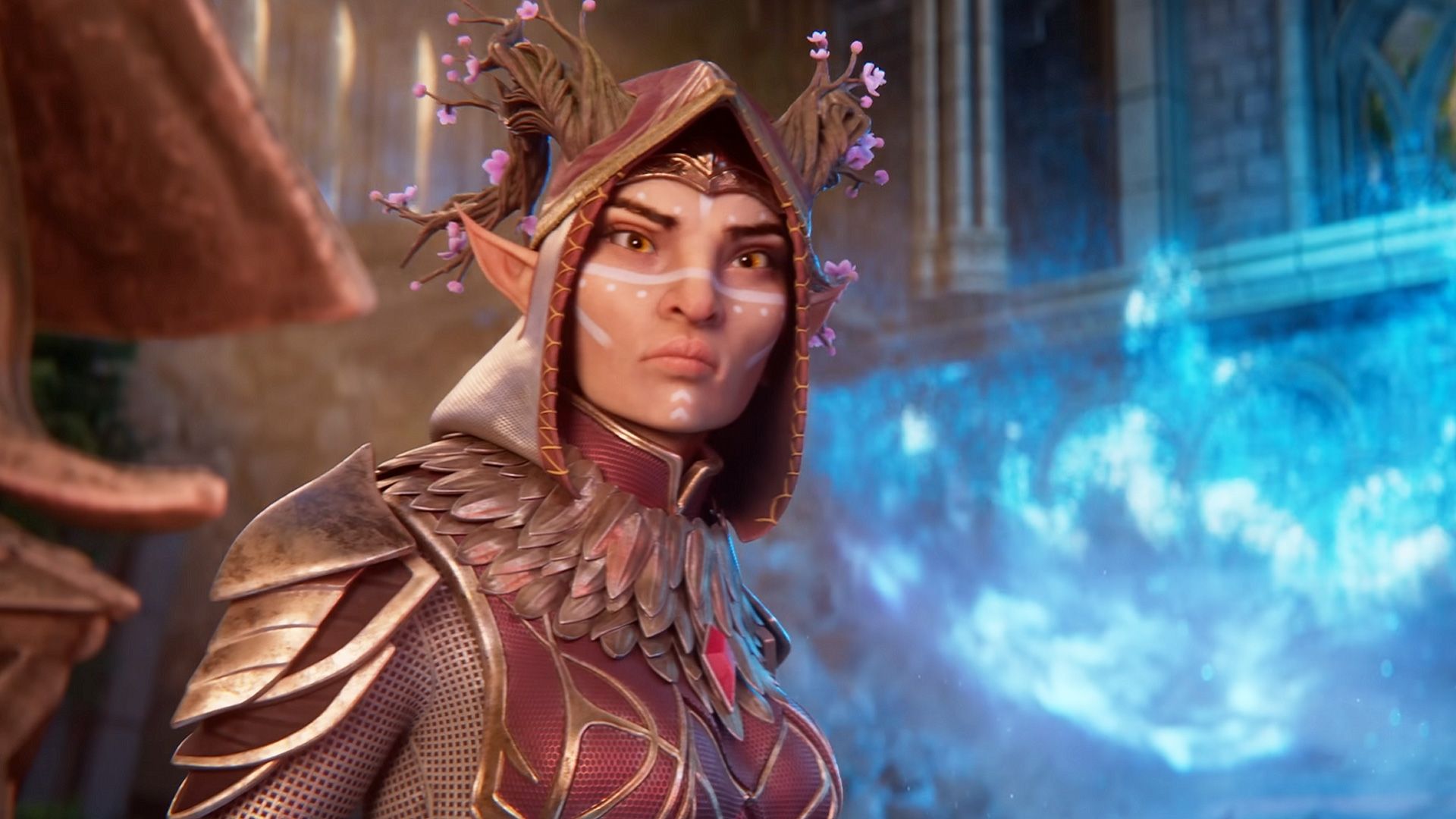Crusader Kings 3 (opens in new tab)‘s latest update is a doozy, a fat list of upgrades, fixes, and AI tweaks that diversify the medieval goings-on significantly. The 1.8 “Robe” update is free to everyone who owns the game, and spices up the system around reforming religions with some new visuals, then adds a bunch of new symbols for custom faiths.
As always, however, just reading Crusader Kings patch notes (opens in new tab) is hysterical. “Disinheriting is now free for children with a disputed heritage or known bastard,” says the top-billing note under Game Balance. Because of course it should be, I guess. “Literalism is legal for all faiths to adopt,” says another. Good to know.
Perhaps my favorite, however, is that the AI will now marry young men to old women less often. Sorry, cougars of the middle ages, “the weight of alliances and the impact of age has been rebalanced.”
In the devs’ defense, it’s not an ageism problem or anything, it’s game balance. Players would find that their heir could end up married off to some half-dead pensioner, leaving them without a way to continue their bloodline. And in Crusader Kings, if you’re bloodlines over, you’re out, that’s it, game over. It was a persistent problem for just… playing the game at all.
There’s also one big quality-of-life upgrade in here: “You can now always open the list of potential agents, even if none will accept to join the scheme. This can be used to, for example, plan who to seduce or fabricate hooks against to further your interests.”
That’s big for those who like to scheme and plot, since a tough part of scheme planning was often just figuring out who you had to bribe/befriend/bed to get things done.
Anyway, Crusader Kings 3 is cool. We consider it one of the best strategy games on PC (opens in new tab).
Recently in other headlines I only get to write for these kinds of games, Communism is overpowered in Victoria 3 because, according to the designer, ‘We just implemented the mechanics the way we understood them’ (opens in new tab).





